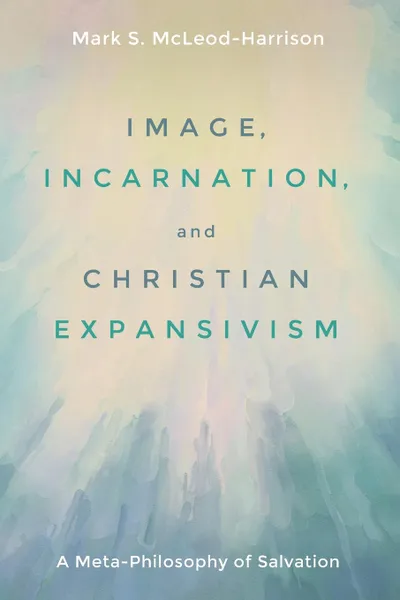Image, Incarnation, and Christian Expansivism 12+
📒 I am the way, the truth, and the life, says Jesus. Yet the kingdom of heaven consists of all tribes, races, and peoples. How do people of tribes who've never heard the word of Christ enter the kingdom of God? A strictly exclusivist account of the gospel seems to keep many people out of the kingdom of heaven. An inclusivist approach is more consonant with Scripture and the love of God. Yet standard models of inclusivism are problematic. In this book McLeod-Harrison--a Christian philosopher--considers what's wrong with both narrow exclusivist and narrow inclusivist accounts of the gospel and proposes a broad inclusivism called ""expansivism."" An expansive account of the gospel helps us understand the uniqueness and the openness of the gospel together. Narrow exclusivism can lead to existential crises. Narrow inclusivism appears to make not preaching the gospel better for those who've never heard it. Expansivism makes human access to the gospel unique to the individual person and enables Christian theologians to provide lots of different, potentially conflicting and yet true accounts of the theological underpinnings of the salvation provided by Christ.""In this book, Mark McLeod-Harrison proposes a vision of 'pastoral philosophy' and practices it in relation to the difficult, perennial question of the salvation of those who have never heard. McLeod-Harrison's combination of solid philosophy and pastoral purpose wonderfully serve C...
Мнения
